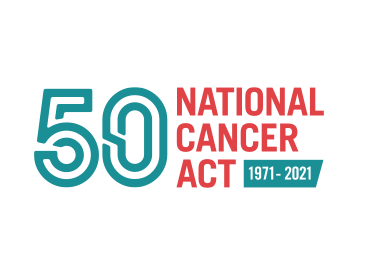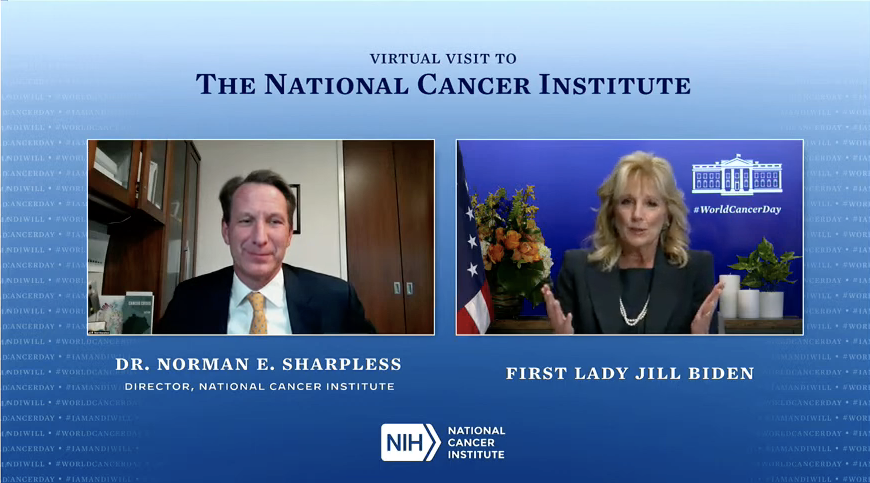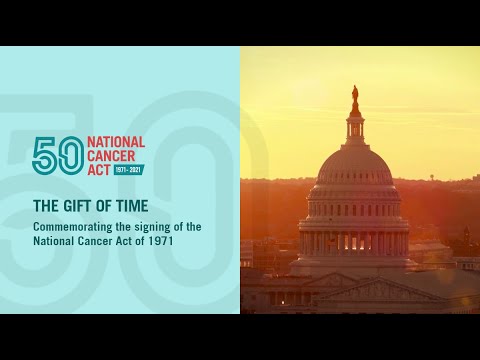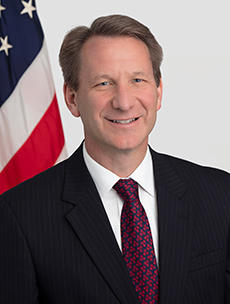, by Norman E. Sharpless, M.D.
Last week was a memorable one for NCI and the entire cancer community, and this week marks the beginning of a notable commemoration of an important moment in our history.
In addition to joining with President Biden and our many partners around the globe to recognize World Cancer Day on February 4, one day earlier the staff at NCI had the distinct honor of a virtual visit from First Lady Dr. Jill Biden. Her presence at NCI just two weeks into the new administration sends a clear and unambiguous message of the support for our country’s cancer research enterprise.
The First Lady shared a message of profound and sincere gratitude to NCI, and her—and the President’s—passionate commitment to providing hope for people with cancer through research.
These sentiments from Dr. Biden especially struck a chord for me:
“There is one challenge that unites us all, one thread of pain that runs through every community—north and south, rich and poor; in the best of times, the depths of this pandemic—and that’s cancer.”
“For more than 50 years, this organization—your organization—has pioneered this frontier. Thanks to you, countless lives have been saved, countless families are whole, and there is more hope than ever for every person who is touched by this disease.”
We took the First Lady’s visit as an opportunity to share just a few examples of the tremendous work being done at NCI. Several NCI scientific leaders painted a compelling portrait for Dr. Biden of what it takes to make progress, the critical impact of our work, and the passion and commitment that are so intrinsic to the success of this organization and the larger cancer research enterprise. We also heard directly from Dr. Biden about why she has chosen to make cancer one of the priority areas she’ll focus on as First Lady.
If you missed the live event, please take the time to watch the recording. It is a powerful reminder of the importance of the research NCI conducts and supports.
And that brings me to today, which marks the official kickoff of NCI’s commemoration activities for the 50th anniversary of the National Cancer Act of 1971. The community’s theme for this milestone is “Nothing will stop us.” This theme is emblematic of the barriers we’ve overcome and the commitment to overcome those we will undoubtedly face in the future. I believe that it’s particularly relevant right now, as we find the most effective and safest ways to continue our work in the midst of the COVID-19 pandemic.
Beginning today and throughout the year, NCI will join with partners across the cancer research and care community to share stories of struggle and discovery, pain and hope, and the challenges and opportunities that have marked the past 50 years. Importantly, we’ll also be highlighting what lies ahead: the ongoing research that is offering so much hope for all those with cancer and their loved ones.
Updates on these commemoration activities will be posted on NCI’s website. I also encourage you to follow NCI on Facebook, Twitter, and Instagram to see our posts commemorating the anniversary and to share your stories. To get things started, I invite you to view The Gift of Time, a video that sets the stage for the commemoration. The video is also available in Spanish.
As the past year has shown, unforeseen challenges can and do emerge. But our commitment, dedication, and resilience help us face and overcome them and drive our focus on our mission.
We are grateful that the President and First Lady are emphatically with us in this effort. As Dr. Biden said last week:
“The President and I stand with you. This is the fight of our lives, and we will never stop working to end this disease. And, together, I know that we’re going to go farther than ever before.”










